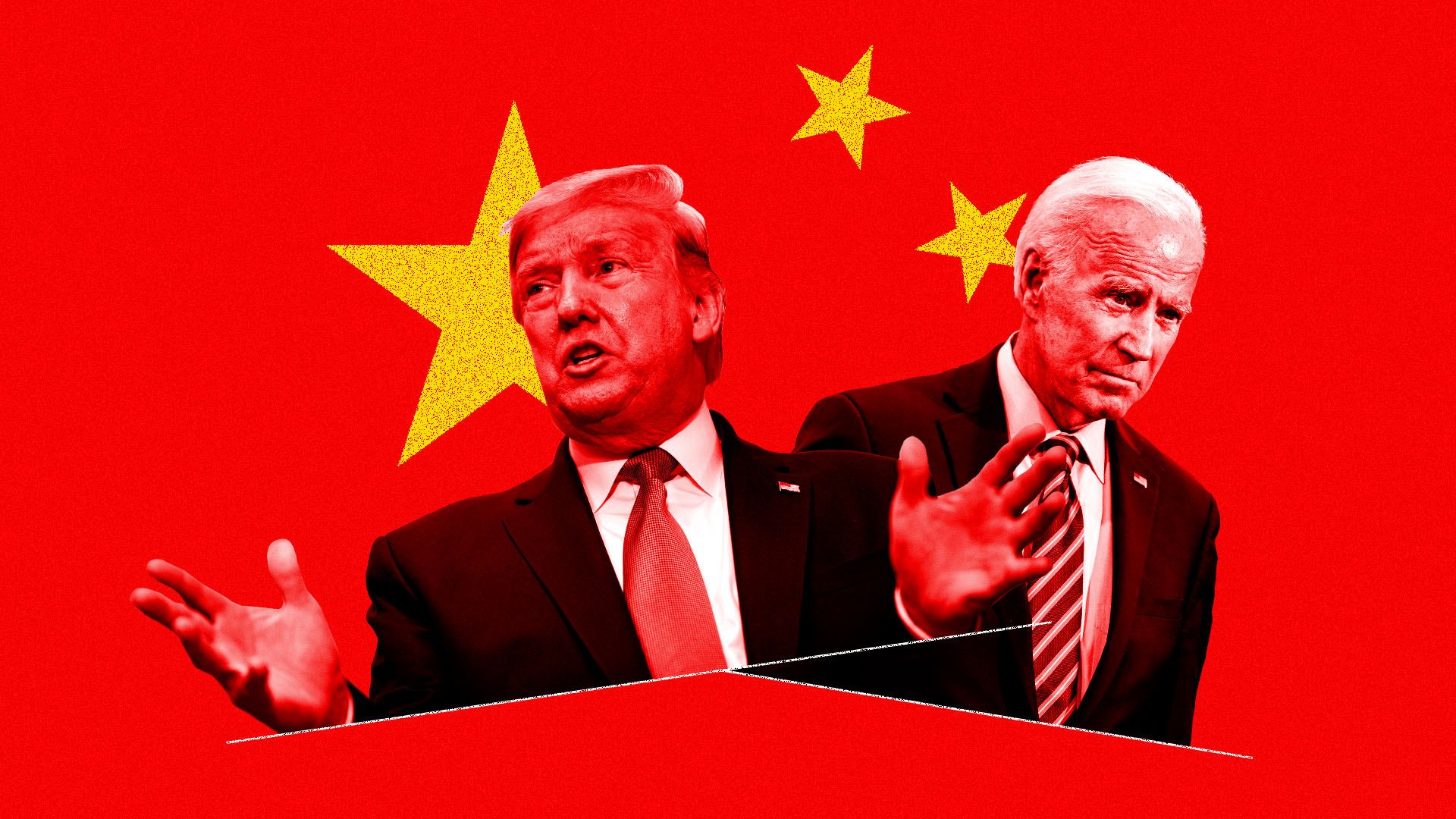
Anti-China: Trump and Biden’s Cards
Some people have said that Biden in the White House would be "Obama 3.0," but this is only superficial. During his time in office, Barack Obama did not seek to rectify the years of U.S. neglect of international organizations, which has allowed China to take advantage of a number of weaknesses and obtain control of the agenda-setting, financial and personnel resources of the United Nations as well as affiliated and related organizations. By the time Trump discovered that the United States has been the largest contributor to the organization, but the WHO only complies with Beijing's orders, it was too late.
Of course, Trump is not the typical unilateralist. He simply does not want to be trapped in multilateral organizations that compromise U.S. interests, like NAFTA and the Trans-Pacific Partnership. He has never seriously considered withdrawing from NATO, which is still dominated by the United States, but only asked that all members raise their defense budgets to 2% of their gross national product.
Unlike Trump, Biden has emphasized that he would "restore American leadership on the world stage" if elected. It is easy to foresee that if Biden is elected, the U.S. will actively involve itself in the United Nations and its affiliated organizations, and will once more seek to play a hegemonic leadership role.
Both Trump and Biden have put out the word to unite U.S. allies and partners to form an "anti-China alliance," and if Trump can successfully convene the Group of Eleven summit in September, it would undoubtedly help boost his standing in the election. However, Germany, which has been deeply at odds with Trump, has already said it will not participate; South Korea and Australia, which have been formally invited, are overjoyed; the United Kingdom and Canada are highly suspicious of Trump's invitation of Russia; and Russia has taken the opportunity to stress that the summit would miss out on a lot without China's participation, intentionally stirring up trouble and casting the anti-China alliance in a different light.
Over the past few years, Beijing has mastered Trump's decision-making style and behavior, and is confident that he will only cause annoyance domestically and create powerful enemies internationally, and therefore does not fear his reelection. Rather, Xi Jinping is more worried that his old friend Biden would make use of strategic empathy to appeal to allies in the formation of an anti-China alliance. This so-called strategic empathy means that Biden understands the needs of allied leaders and, combining this knowledge with his personal interactions with them, will succeed in his attempts at persuasion.
Despite his close personal relationship with Xi, Biden had no choice but to raise the anti-China banner in the time leading up to the Nov. 3 election, even calling Xi a "thug" after mainland China's passage of the Hong Kong National Security Law. But if Biden is elected president, will he really cut ties with Xi? Of course not. In this regard, Biden, like Trump, knows that national interest is the supreme guiding principle that governs foreign policy. The list of issues that the U.S. and China can exchange based on their interests and cooperation is endless, and Biden's strategic empathy will also allow him to have an easier time managing the U.S.-China relationship.
Lately it could be said that for Trump, when it rains it pours. First, former White House National Security Advisor John Bolton's book declares that Trump is "unfit" for the presidency. Then his niece, Mary Trump, claims in her new book that Trump only got accepted to the University of Pennsylvania's Wharton School of Business by paying someone to take his exams, discrediting him in a nation where high value is placed on academic honesty. Faced with a formidable opponent in Biden, and the two new books like sharp swords at his neck, Trump is caught between a hammer and an anvil. It will be difficult for Trump to have the presence of mind to deal with the election as well as manage domestic and foreign affairs.
The author is a professor emeritus in the department of diplomacy and international relations at Tamkang University.
